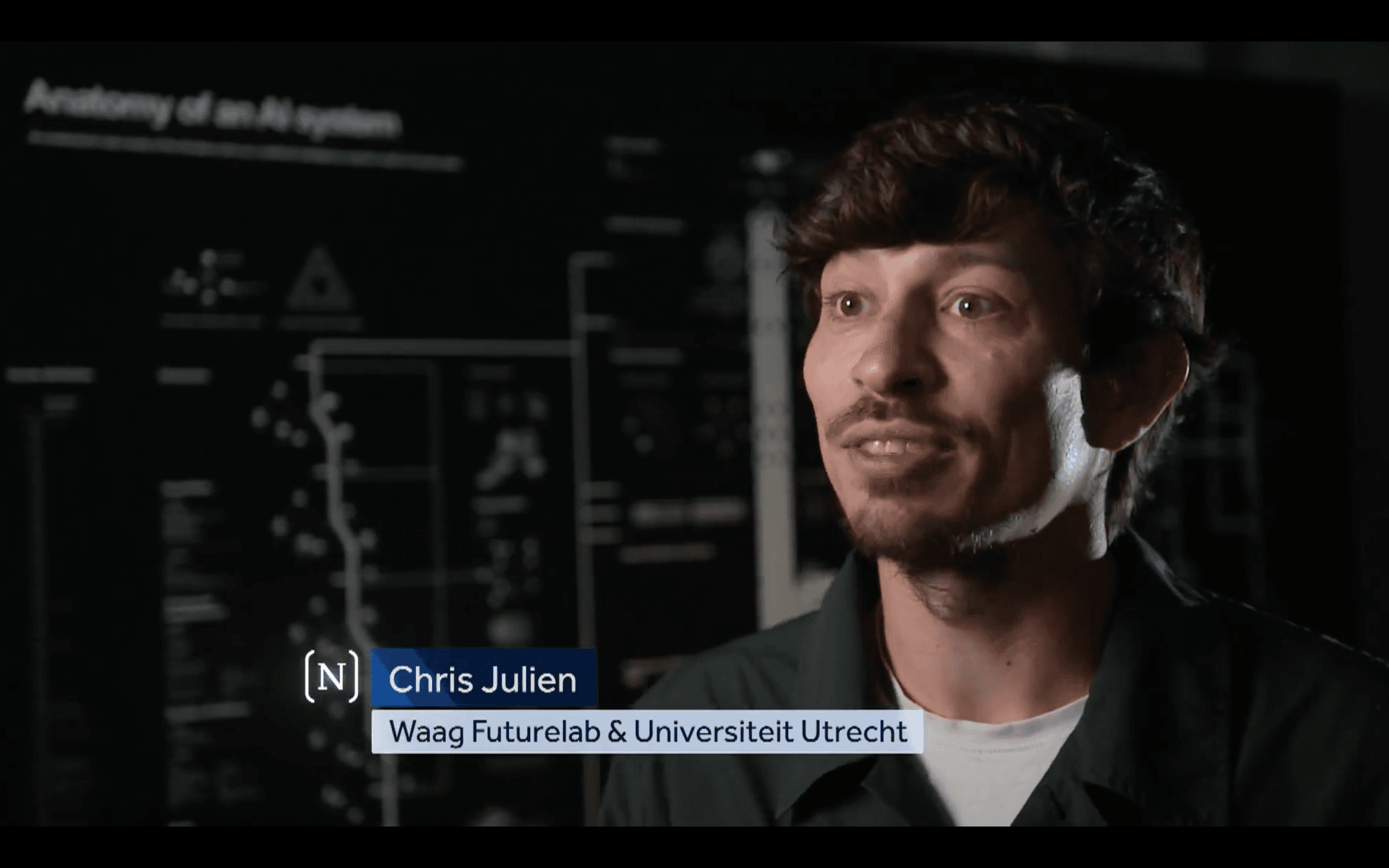Budget Participatif
Paris has a digital participation platform called Budget Participatif. Residents can make plans and distribute money according to the citizen budget system, or participatory budgeting. Since 2014, 500 million euros has already been spent by residents for projects in the city.
The Parisian mayor Anne Hidalgo has ensured that an increasing share of the city's budget is spent by the residents and on the plans they have developed for the city. Thousands of plans have already been submitted and hundreds have been implemented. Plans can be submitted and voted for; both city-wide plans and small-scale initiatives at neighbourhood level. In short, a huge participation success.
User-friendly login via e-mail
Access to the platform is simple. You create a username via your e-mail and you can participate. All you have to do is give an address in Paris and promise, via a tick, that you actually live there. So I did that, while I live in Amsterdam. I looked up an address online and boom, I can determine what happens in Paris. And although Amsterdam is of course more beautiful than Paris, that does not give me any right to decide what to build and develop there.
I have been so kind to not interfere with anything, but the ease with which I can use this digital platform gives an indication of how these processes can be influenced by (malicious) parties from outside.
Authentication alternatives
The debate between user convenience vs. privacy & security is something we encounter a lot in the emergence of digital participation platforms. "Why can we not log in via facebook/gmail etc. ?" is a question that often comes back in the conversations. And not unjustified in itself.
A lot of money is spent on new systems, where it is often very difficult to engage users. Why not use existing popular platforms that already reach a large audience? Fortunately, we are working hard on alternative and innovative methods to manage your identity and with which you can also vote anonymously, on online platforms, in a certain poll or in a participation issue. New technologies, such as attribute-based credential solutions, enable developers to look for new ways to participate safely. In the Netherlands, for example, you have IRMA, Schluss and DECODE that develop applications for this.
The danger of user-friendliness in 'simple' authentication methods lies in the sensitivity to abuse and manipulation. When decisions are made that have far-reaching consequences for a city or for a country, or when a lot of money is being distributed, such as in Paris, you want to know if that is done by the people who can actually talk about it and decide on it.
This is the first blog in a series on digital democracy in the context of the Digital Democracy Lab project, in collaboration with the Ministry of the Interior and Kingdom Relations and Network Democracy.

